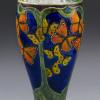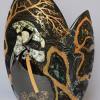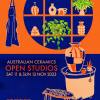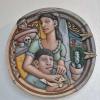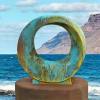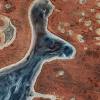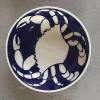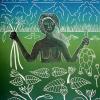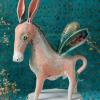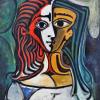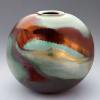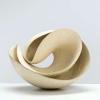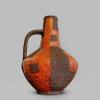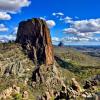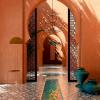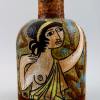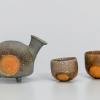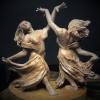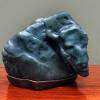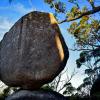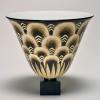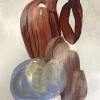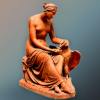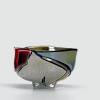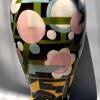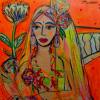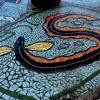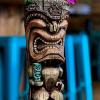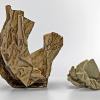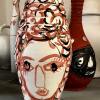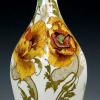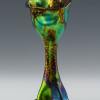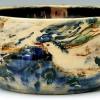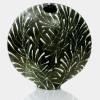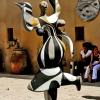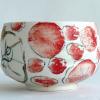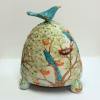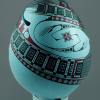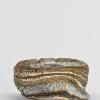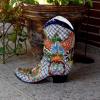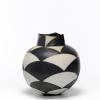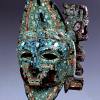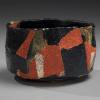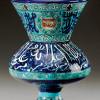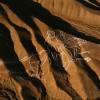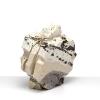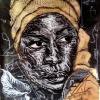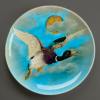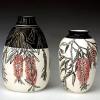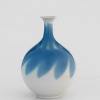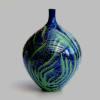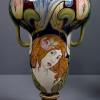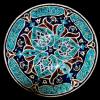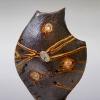
Uzbekistan tea shop – Photographer Max Penson
Born in Belarus in 1893, Max Penson moved to Tashkent, Uzbekistan in the 1920’s. He was initially employed as an an art teacher in Kokand but moved to photography after acquiring his first camera in the early 20’s. He eventually became a photojournalist noted for his photographs of Uzbekistan, where he visually documented the economic and cultural transformation of Uzbekistan from a highly traditional feudal society, into a modern Soviet republic between 1920 and 1940.
His remarkable images include the establishment of collective farms, irrigation of arid lands, development of the paper industry and silk production, introduction of cotton growing, liberation of women and their entry into the workforce, and the education of children. Penson recorded these historical changes and contributed regularly to the Soviet TASS agency. He also worked for Central Asia’s largest newspaper, Pravda Vostoka, in Tashkent.
Uzbekistan declared its independence from the Soviet Union in 1991

White porcelain statue decoration
Uzbekistan

Uzbekistan industrialization

‘Three girls’ – Max Penson

Water irrigator (Mirab)

Uzbek metal artist

Uzbek painter with her art

Max Penson – ‘Farhadstroy’
Pearson documented the construction of the 270-kilometers long Grand Fergana Canal, which was built by hand by 160,000 people with a Pharonic scale of production in only forty five days.

Max Penson — ‘In the garden in front of the Palace of Pioneers’

Max Penson

Large Uzbekistan pots used for wine production?

Max Penson—Uzbek athlete

Mirab irrigator — Max Penson

Two girls at a party – Max Penson

Uzbek street musician — photo Max Penson

Background mountains – Max Penson

‘Narrator’ – Max Penson photo

Sculptor Khaidarov at work – Max Penson

Bas relief of Shota Rustaveli — photo Max Penson

Couple on a motorcycle – Max Penson

Pottery vase decoration by Max Penson

‘Gymnasts’ — Max Penson

‘In field’ — Max Penson

‘In the Garden’ — Max Pearson

Kanatahodets (Darvaz) Photographer-Max-Penson

Traditional Karnay trumpeters stirring the workers – Max Penson

‘Kids on the carousel’ – Max Penson

Sculptor Krasovsky—Max Penson

Max Penson wearing traditional garb

Max Penson—farm tractor in field

‘On the Red Square’ — Max Penson

On the set of ‘Khoja Nasretdinov’ – Max Penson

‘On the Street’ – Max Penwson

Uzbek tea break – Max Penson

Uzbek Plowman – Max Penson

‘Rhythms’ — Max Penson

‘Sands of the desert’ — Max Penson

‘Sower’ — Max Penson

‘Steelworker’ — Max Penson

‘Tamara Khanum’ — photo by Max Penson

Garden tea house – Max Penson

‘Three’ — Max Penson

Uzbek girl with national bread on a tray—Max Penson

‘Two dancers’ – Max Penson

‘Two old men’ — Max Penson

Uzbek female performers

Field worker – Max Penson

Max Penson— ‘Uzbek Scholar’

Tajik girl playing dutar
1899, Russian Empire
Ancient structures of Uzbekistan restored to their former magnificence

The oldest standing medressa in Central Asia, which served as the model for all others, is the Ulugbek medressa, The Kalon Minaret was built in 1147, and reaches 47 metres high.
Lights burned in the tower at night to guide the camel trains on the Silk Road to its location.

Mosaic corner pillar at Tamerlane mosque, in the town of Shakhrisabz
Uzbekistan

Shakhrisabz mosaic decoration

Samarkand Sher Dor medressa turquoise fluted dome

Shah-i-Zinda Necropolis, Samarkand

Rich mosaic tiles at Shohi Zinda,, Samarkand

Shohi Zinda rich mosaic wall panel, Samarkand

Tilla-Kari Medressa (Islamist school), Registan, Samarkand

Ceramic wall decoration – Samarkand

Samarkand mosque

Samakand mausoleum, Uzbekistan

Tilla Kori Madrasah, Registan Square, Samarkand, Uzbekistan

Tillya Kori medressas – Ragistan

Kalta Mino minaret, a squat turquoise tiled structure
Khiva, Uzbekistan

Madrassa Nadir Divan-Beghi, Bukhara
Uzbelistan

Hoji Nasruddin,- a ‘wise fool’ from Sufi storytelling

Shohi Zinda tiled facade–Samarkand

Amir Temur Square – Tashkent

Rich turquoise and blues of Uzbek ceramics plates

Bodomzor Station in Tashkent, Uzbekistan – the first Underground Station in Central Asia





